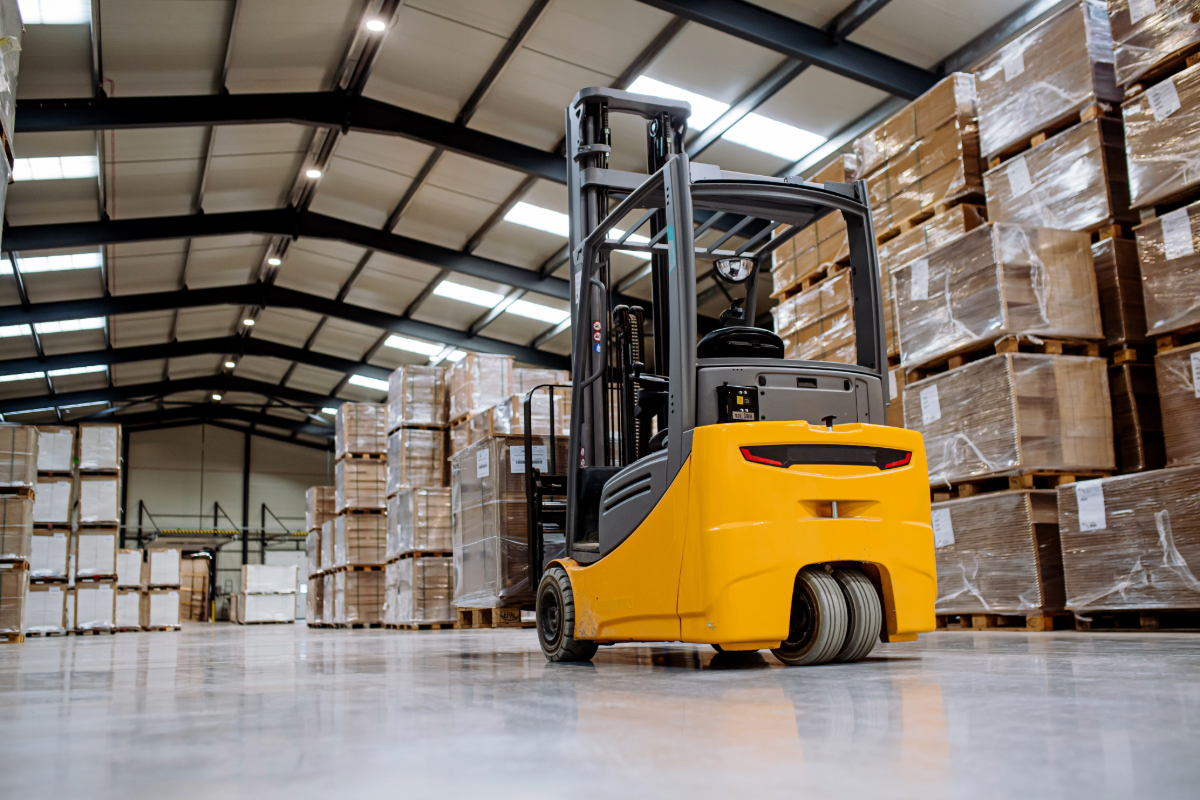The material handling industry relies heavily on forklifts to maintain efficient warehouse operations, construction projects, and logistics networks worldwide. Selecting the right forklift manufacturer is crucial for businesses seeking reliability, performance, and long-term value. W hile many companies produce quality equipment, several manufacturers have distinguished themselves through innovation, durability, and comprehensive support systems.
Goodsense Forklift AE
The leading forklift truck manufacturer in China. GOODSENSE FORKLIFT has a complete product range of materials handling equipment, from 1-48t internal combustion counterbalance diesel forklift, 1-12t electric counterbalance forklift truck, 3-10t side loader, 4*4 rough terrain forklift and more.
Crown Equipment Corporation
Crown has established itself as a pioneer in electric forklift technology and ergonomic design. This American manufacturer focuses exclusively on material handling equipment, allowing for specialized expertise that translates into innovative solutions. Crown's electric forklifts are particularly renowned for their energy efficiency and performance in demanding warehouse environments.
The company's emphasis on operator comfort and productivity sets it apart from competitors. Features like adjustable seating, intuitive controls, and excellent visibility are standard across their product lines. Crown's proprietary technologies, including their Access 1 2 3 maintenance system, simplify servicing and reduce maintenance costs over the equipment's lifetime.
Hyster-Yale Materials Handling
Operating under the Hyster and Yale brand names, this manufacturer brings over a century of combined experience to the industry. Hyster forklifts are typically associated with rugged applications, including outdoor operations, lumber yards, and heavy manufacturing. Their robust construction makes them ideal for challenging environments where durability is paramount.
Yale forklifts, meanwhile, often target indoor warehouse applications with a focus on efficiency and maneuverability. The company's diverse product portfolio ensures that businesses across various industries can find appropriate solutions. Hyster-Yale's global service network provides support in numerous countries, making them a reliable choice for multinational corporations.
Mitsubishi Logisnext
Formed through strategic consolidations, Mitsubishi Logisnext operates several respected brands including Mitsubishi, UniCarriers, and Cat Lift Trucks. This Japanese manufacturer combines advanced engineering with practical design, producing forklifts that balance performance with operator comfort. Their products are particularly popular in Asian and European markets.
Mitsubishi forklifts feature advanced hydraulic systems that provide smooth operation and precise load control. The company's investment in alternative fuel technologies, including hydrogen fuel cell forklifts, positions them at the forefront of sustainable material handling solutions. Their emphasis on total cost of ownership helps businesses understand the long-term financial benefits of choosing quality equipment.
Jungheinrich
This German manufacturer specializes in warehouse equipment and intralogistics solutions, offering particular expertise in narrow-aisle forklifts and automated systems. Jungheinrich's engineering excellence is evident in their electric forklifts, which deliver exceptional performance in space-constrained environments. Their integrated approach to warehouse design and equipment selection provides comprehensive solutions rather than just individual machines.
The company's focus on lithium-ion battery technology has positioned them as leaders in modern electric forklift development. These batteries offer faster charging times, longer operational periods, and reduced maintenance compared to traditional lead-acid alternatives.
Choosing the Right Manufacturer
Selecting the best forklift manufacturer depends on specific operational requirements rather than a one-size-fits-all approach. Businesses should consider factors including application type, operating environment, load capacity requirements, and available support infrastructure. Companies operating primarily indoors might prioritize electric models from Crown or Jungheinrich, while those in heavy industrial settings might lean toward Hyster's robust offerings.
Service network availability significantly impacts long-term satisfaction. Even the most reliable forklift eventually requires maintenance or repairs, making local dealer support crucial. Parts availability, technician expertise, and response times should factor into purchasing decisions alongside initial equipment cost.
The leading manufacturers continue investing in technologies addressing modern concerns including electrification, automation, connectivity, and sustainability. As material handling evolves, these established companies demonstrate the resources and commitment necessary to support businesses through changing operational landscapes. By carefully evaluating specific needs against manufacturer strengths, companies can select forklifts that deliver optimal performance, safety, and value throughout their service life.




.jpg)

Comments